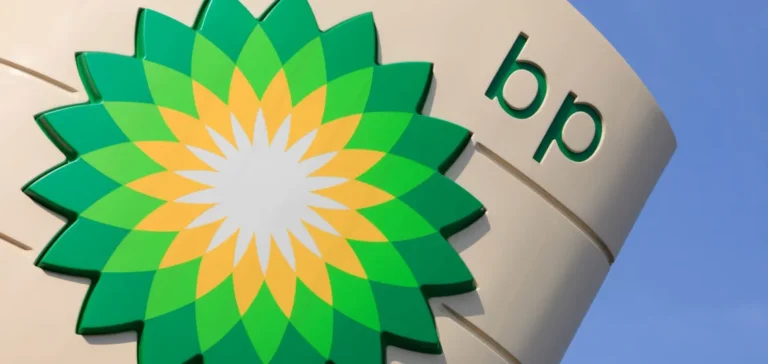BP adjusted its production forecast for the second quarter of 2025, announcing increased production, particularly driven by better-than-expected performance from its US shale operations. Initially, the company anticipated upstream production would remain consistent with first-quarter levels, which had fallen by nearly 6% compared to the previous year. However, due to the increased production, the company now expects a slight recovery in activity. This revision comes amid continued pressure from low crude oil prices.
BP’s upstream sector showed a slight improvement compared to the first quarter, particularly within its US shale operations, partially offsetting losses experienced in other segments of the company. However, BP also indicated that oil and gas prices, although fluctuating, remain relatively low, negatively affecting profit margins. The average price of Dated Brent crude oil in Q2 2025 dropped nearly $20 compared to the previous year, highlighting the volatility of the current energy market.
The company also noted the impact of a high number of maintenance shutdowns at its refineries, limiting its ability to capitalize on seasonal fuel demand. This situation restricted refining-sector results, although BP anticipates strong performance from its oil trading activities this quarter. Indeed, refining margins improved slightly, reaching USD 21.10/b compared to USD 15.20/b in Q1 2025.
Meanwhile, BP indicated a slight reduction in its net debt for the second quarter, a positive development for investors who have expressed recurring concerns about the company’s debt levels in recent months.
Projections and outlook
Investors and analysts are closely monitoring how BP will navigate uncertain price conditions and fluctuating demand. BP’s updated forecasts reflect prudent management of its upstream assets while relying on the resilience of its North American operations and opportunities in trading markets.






















